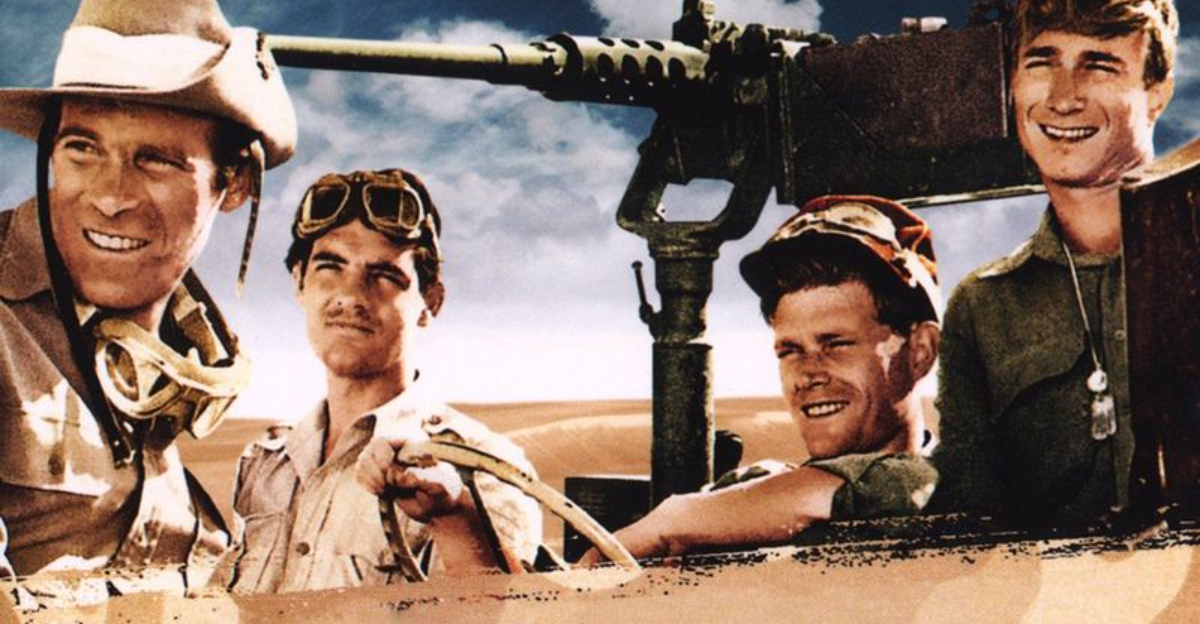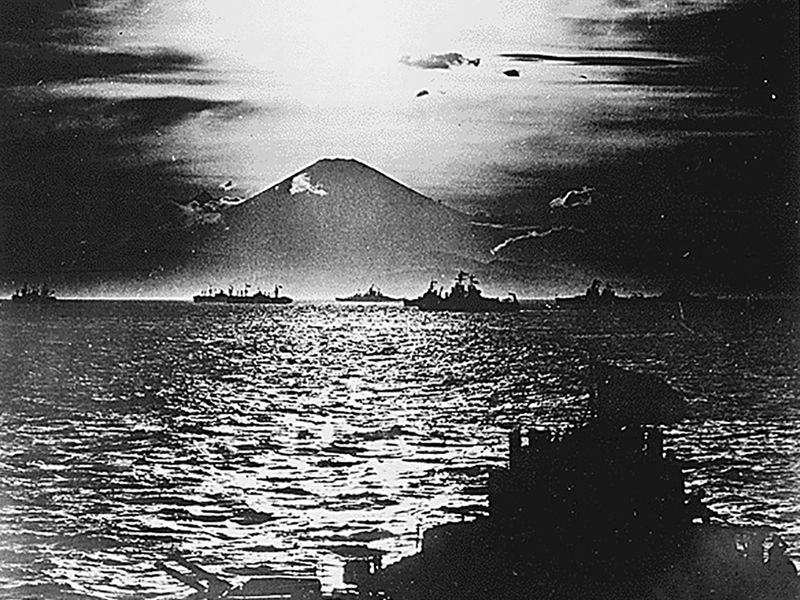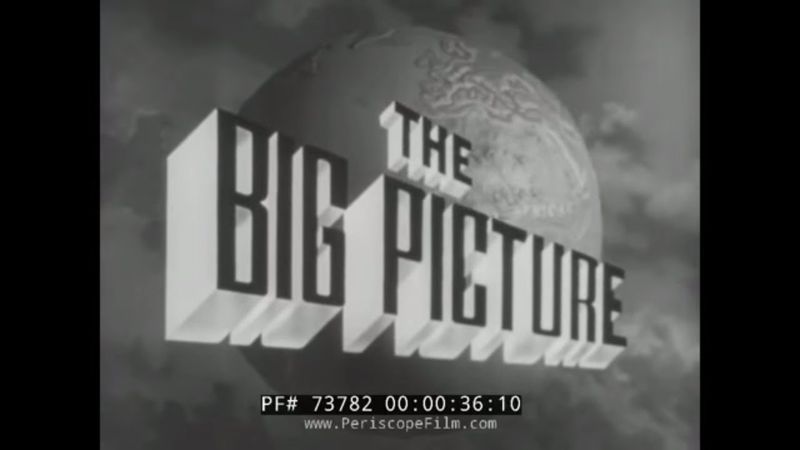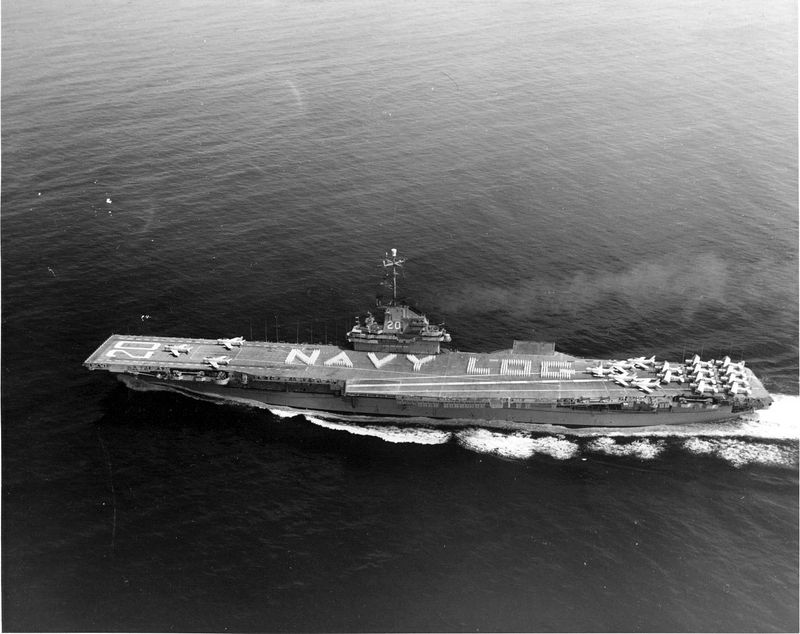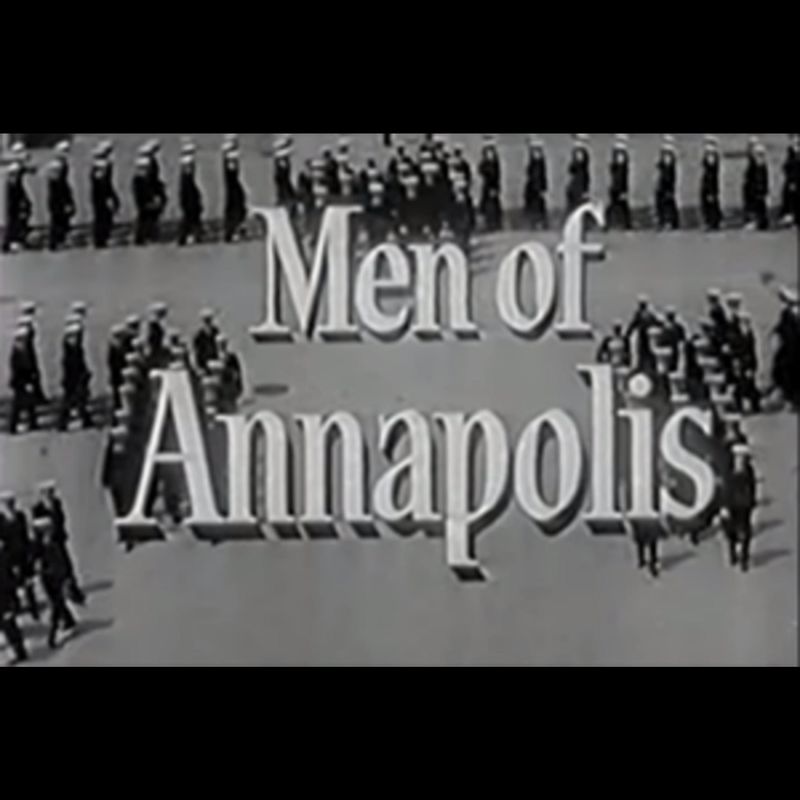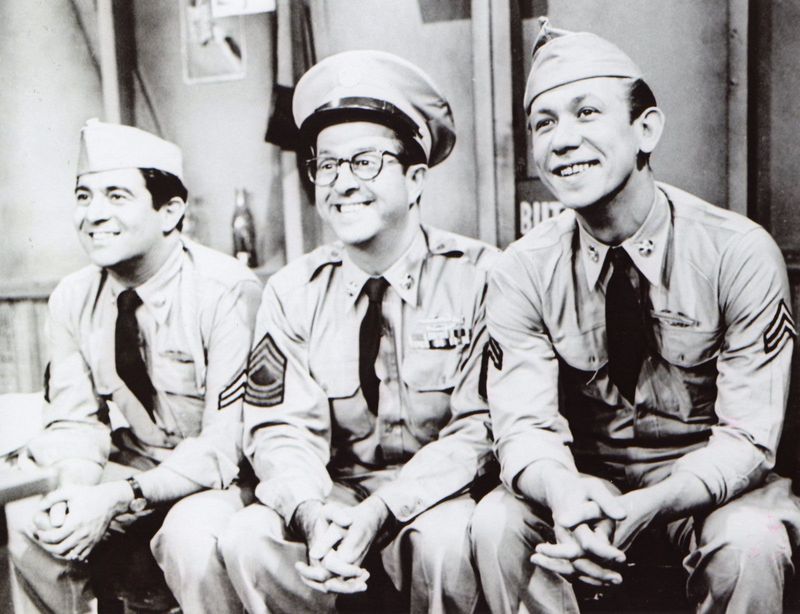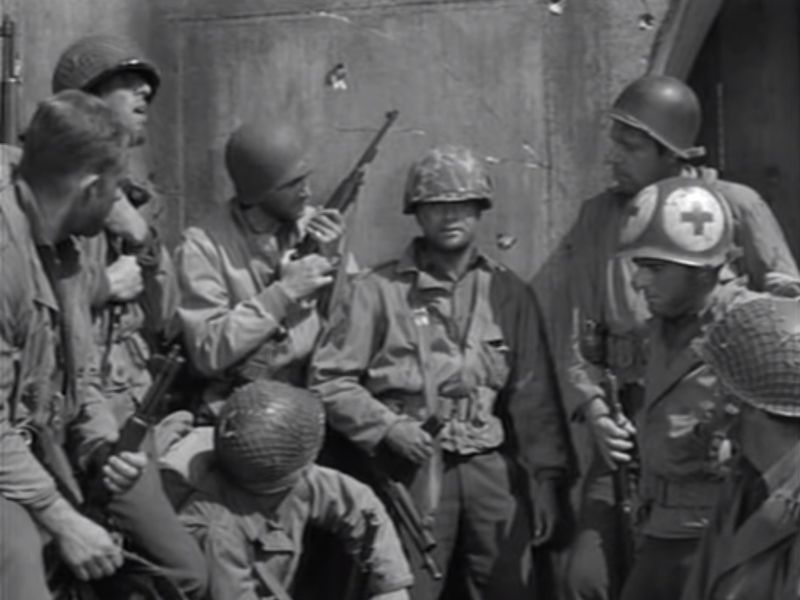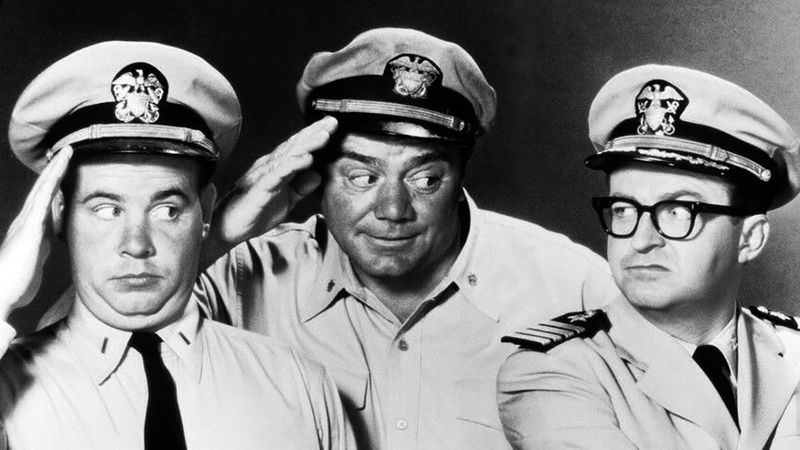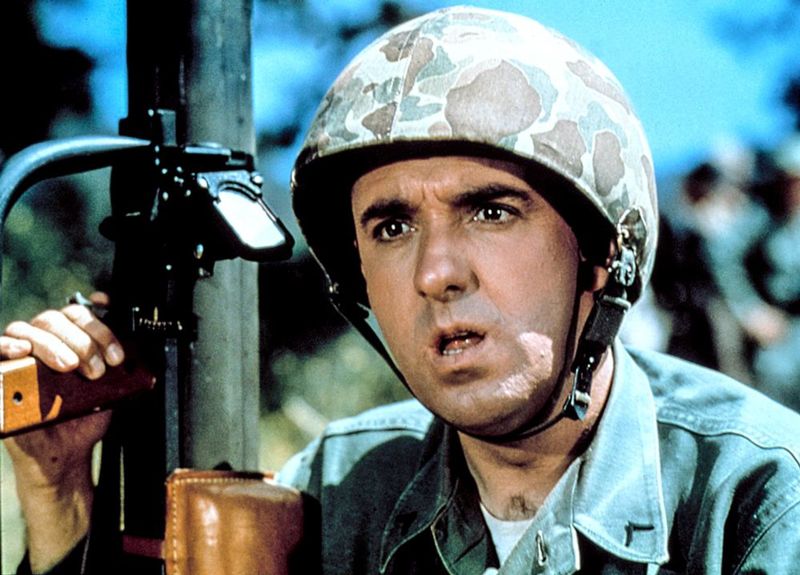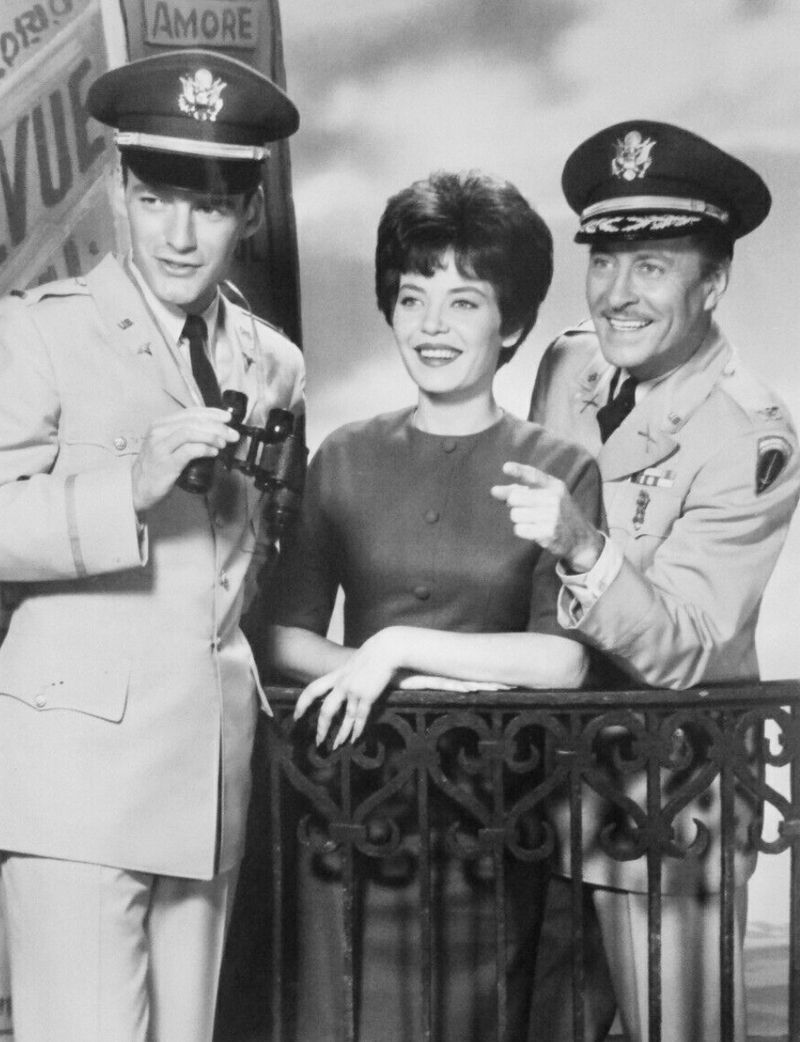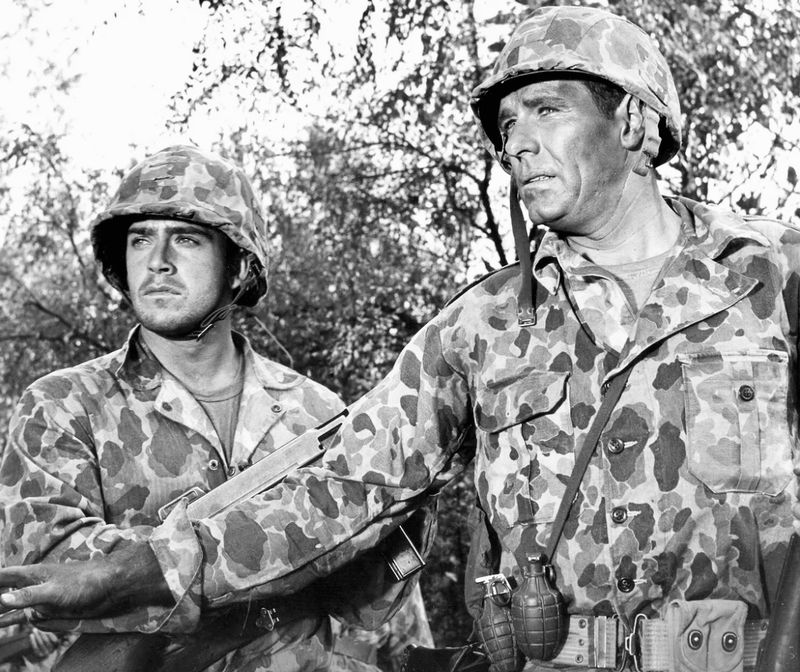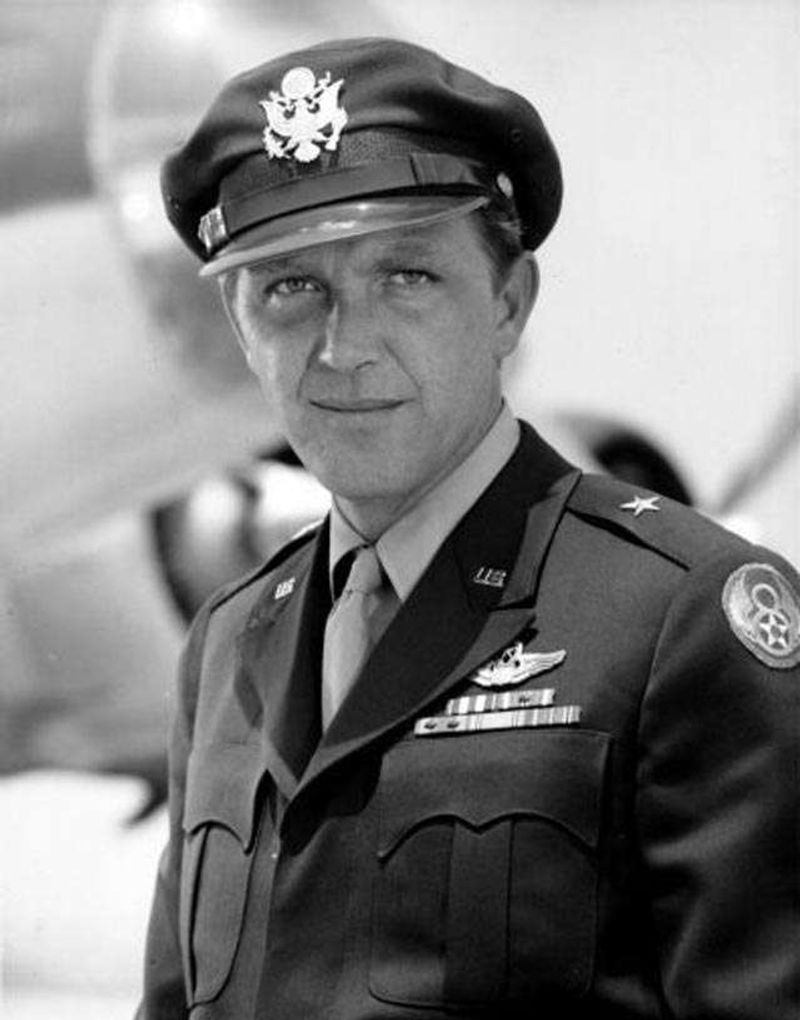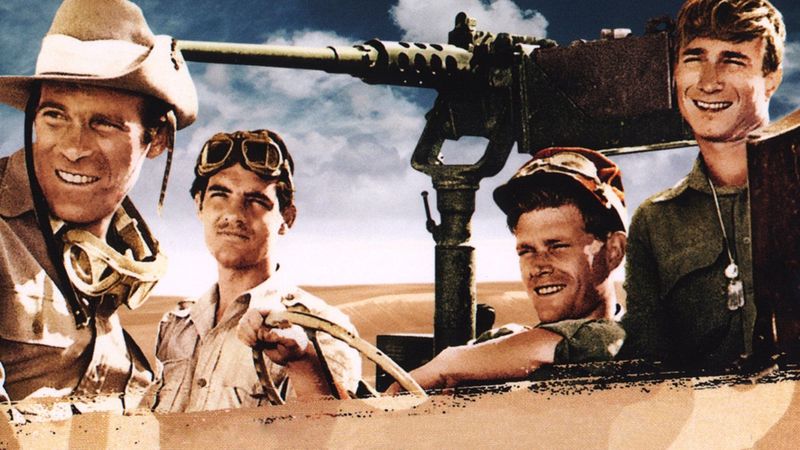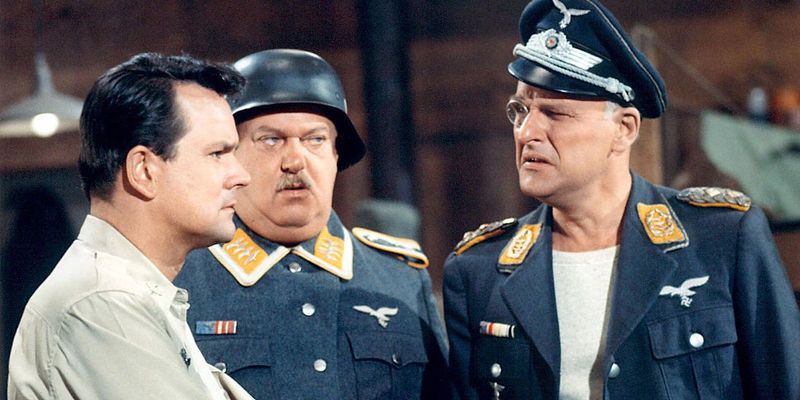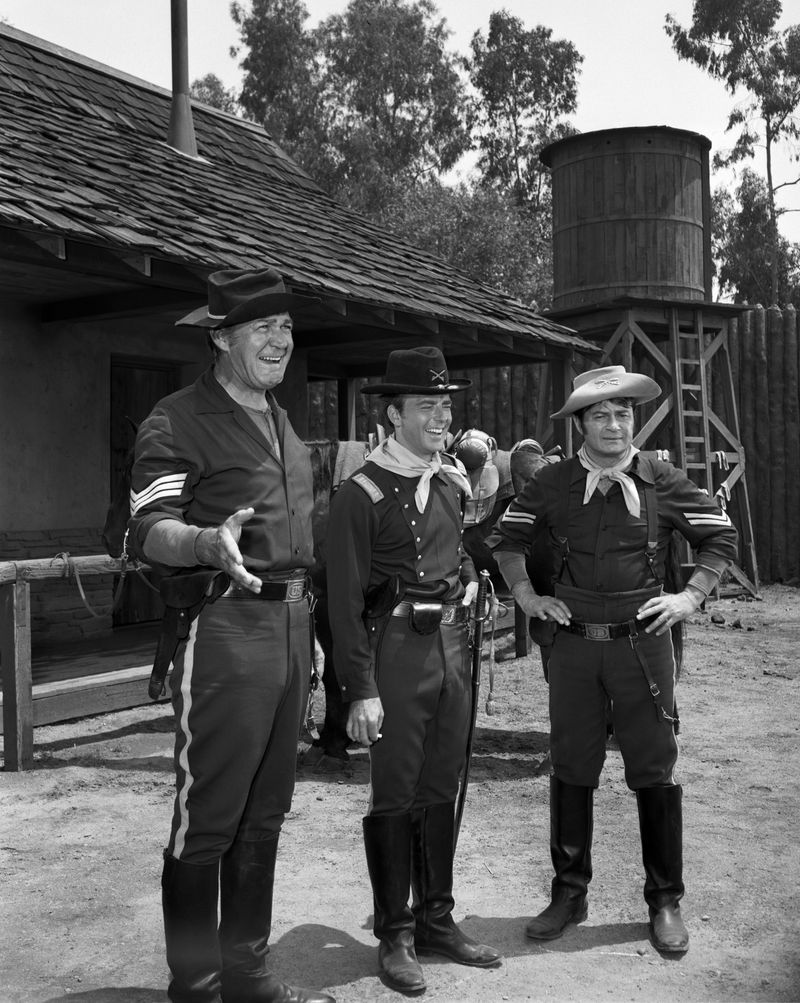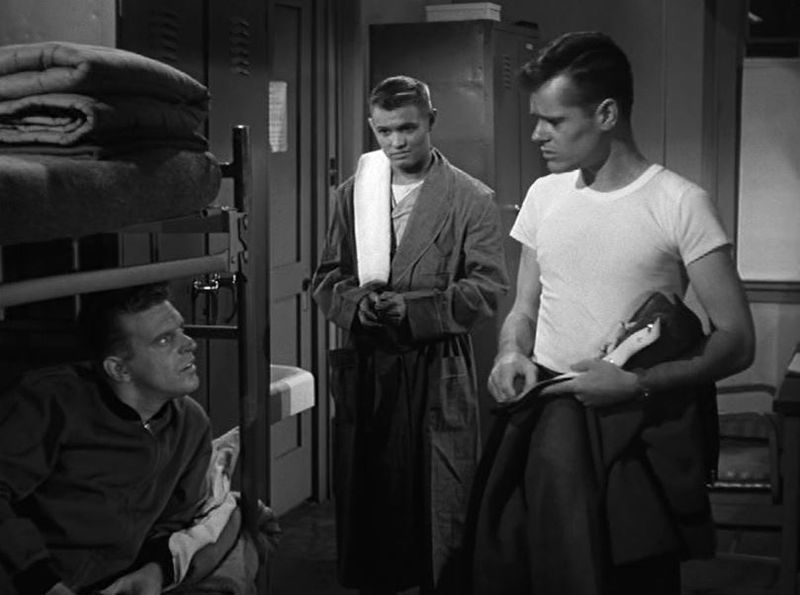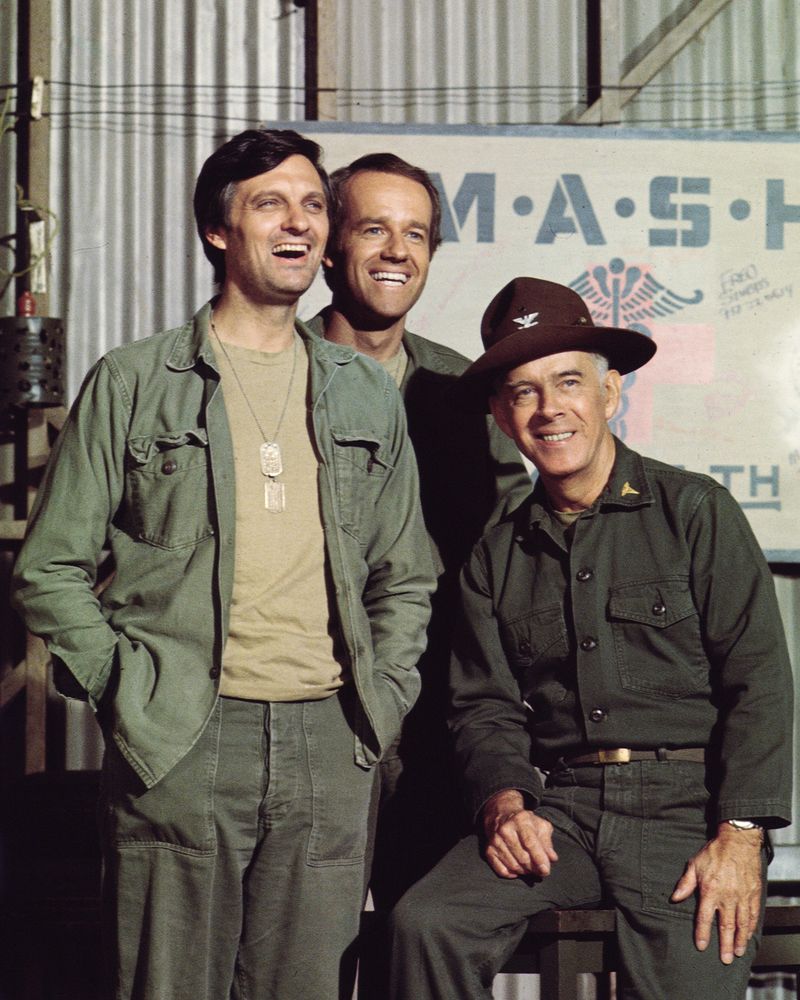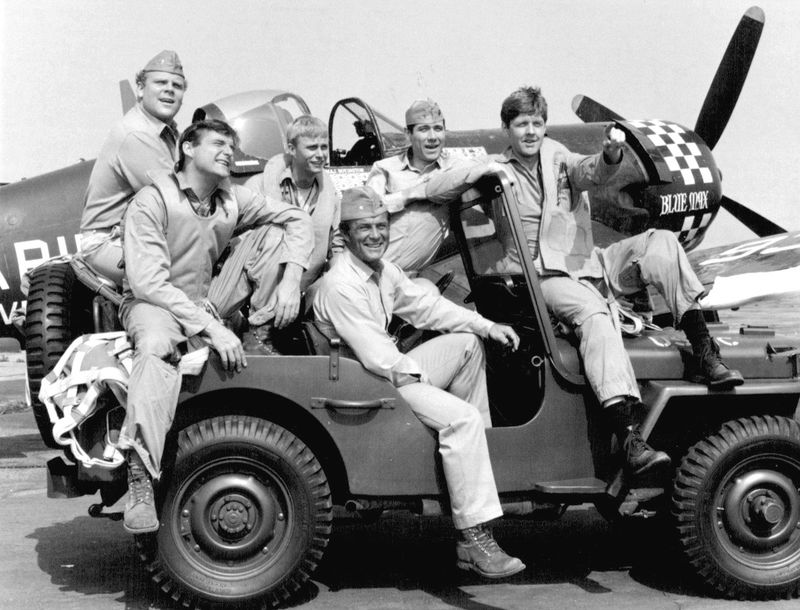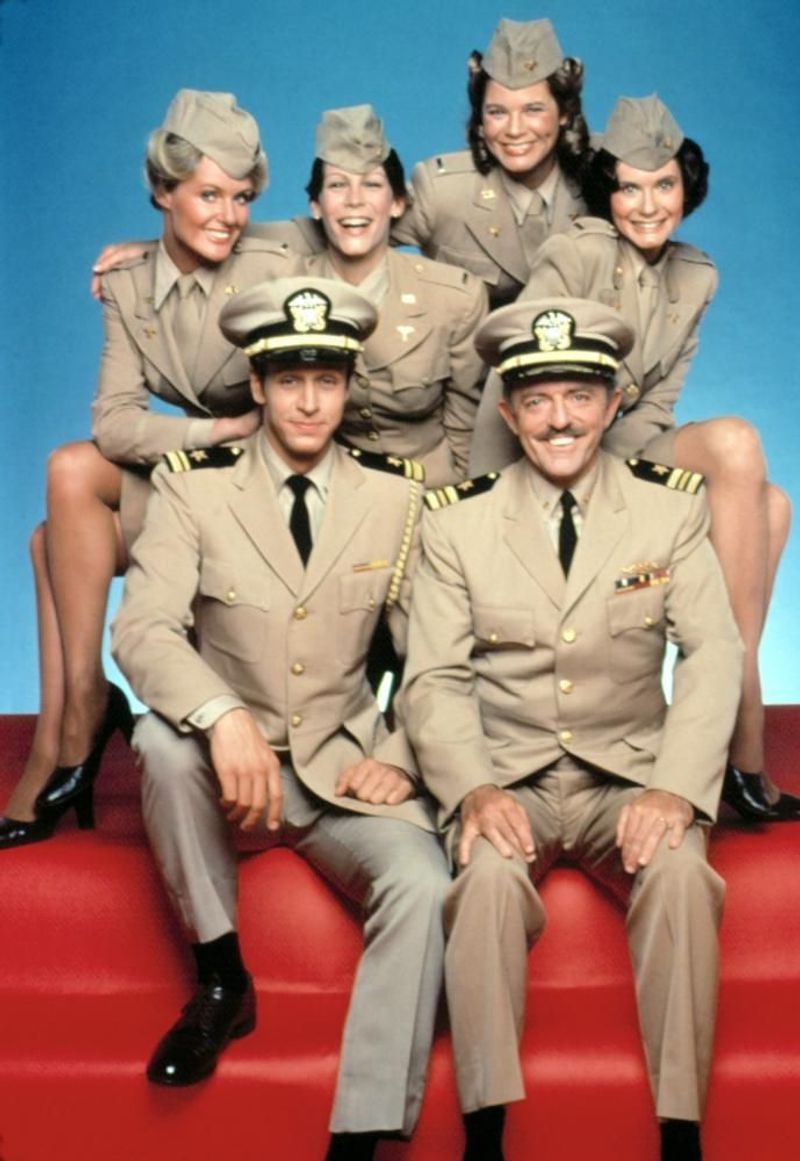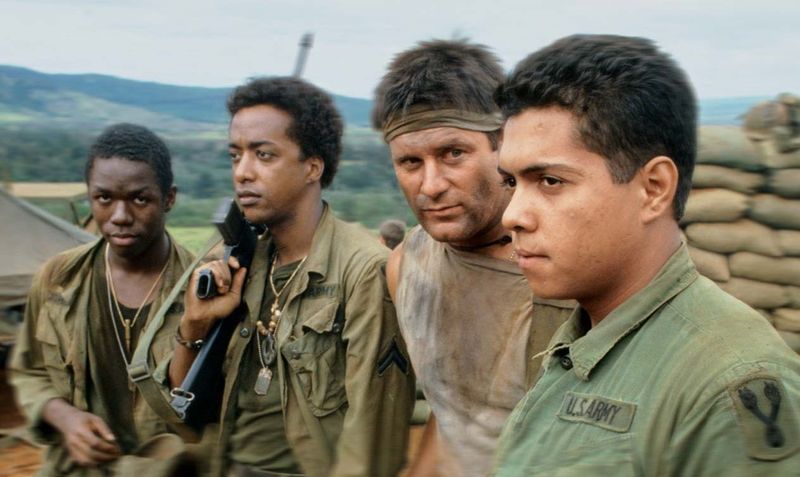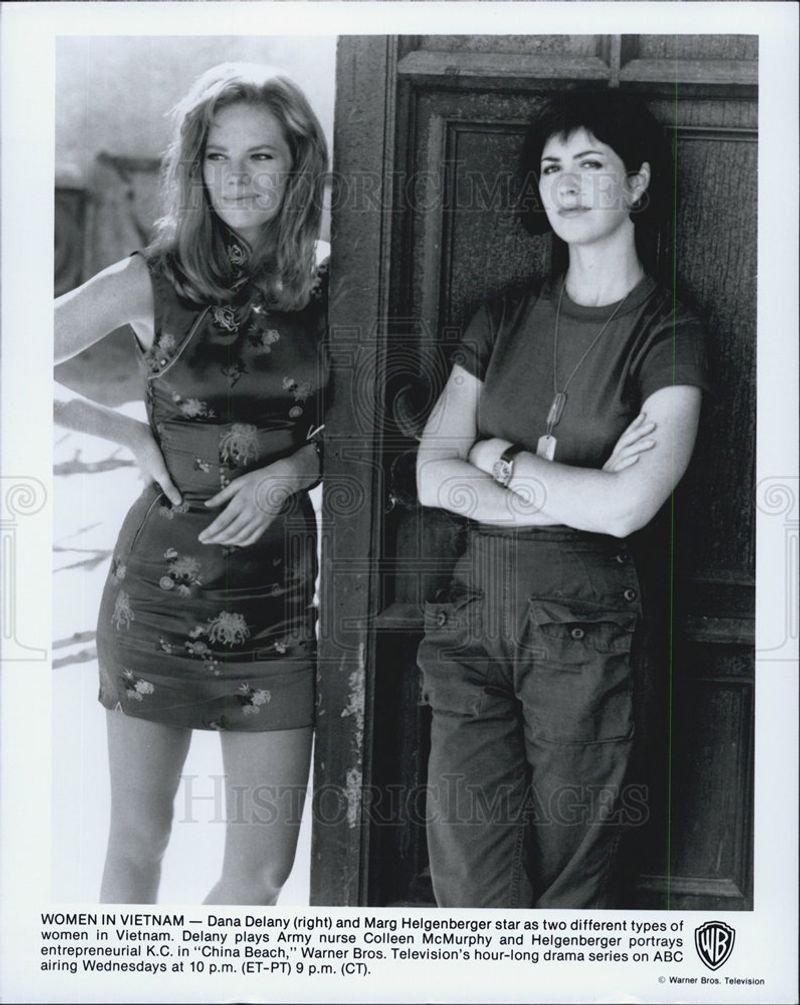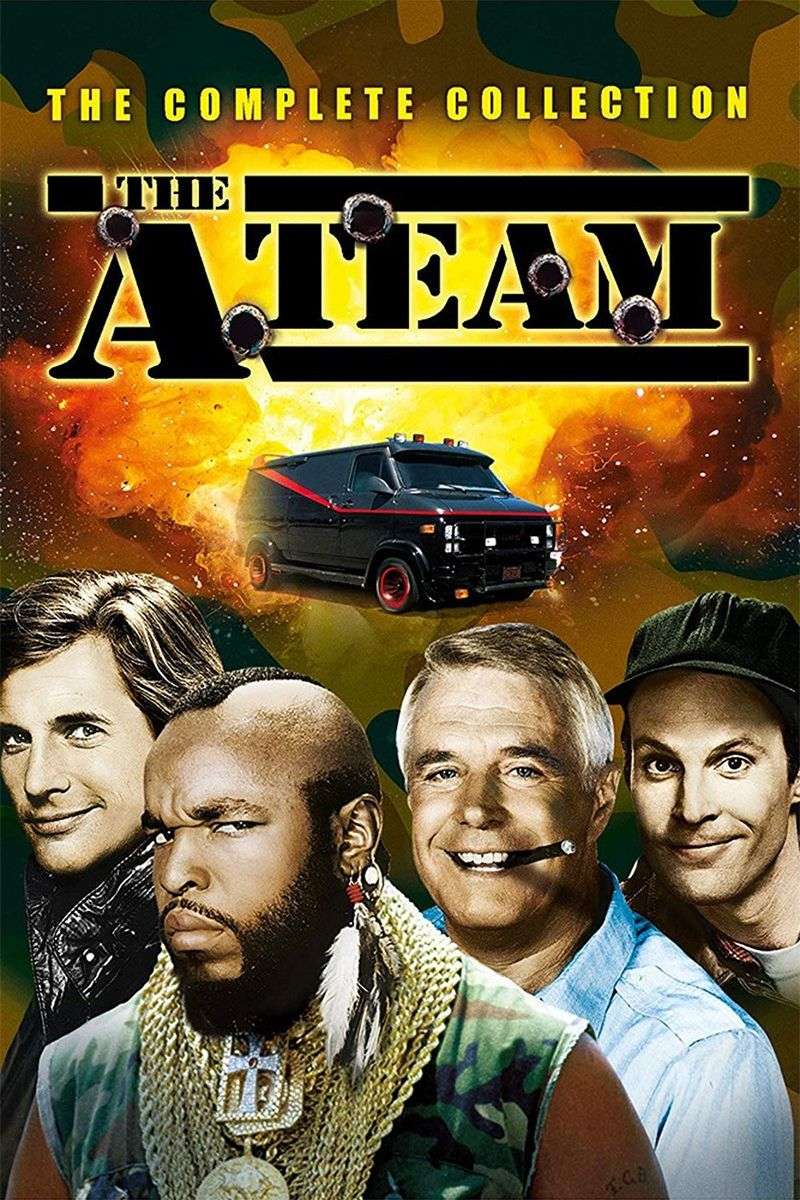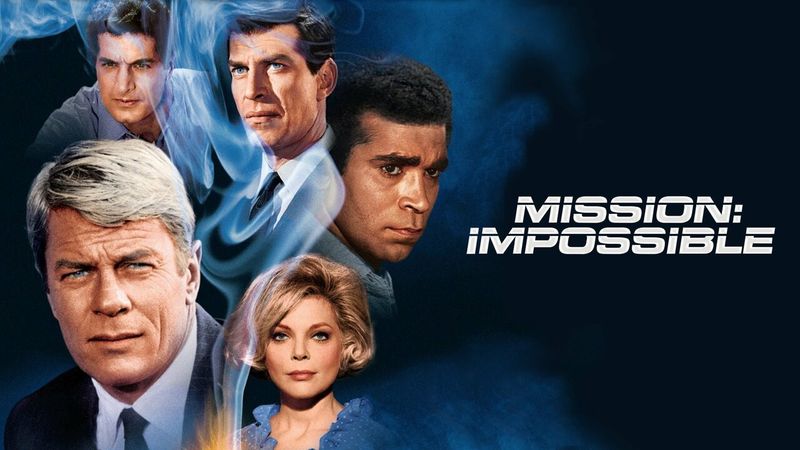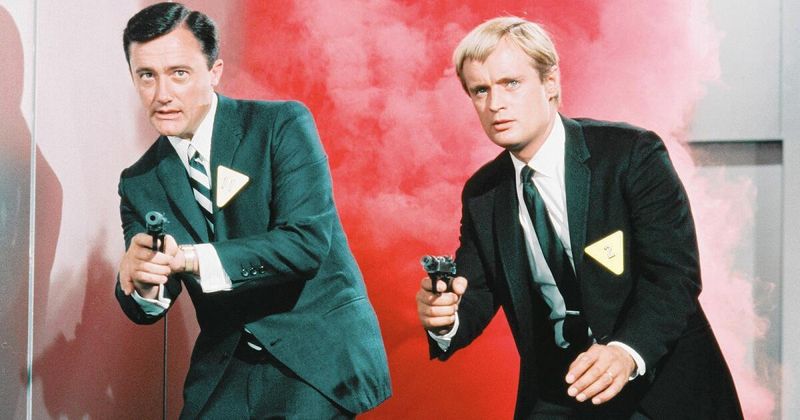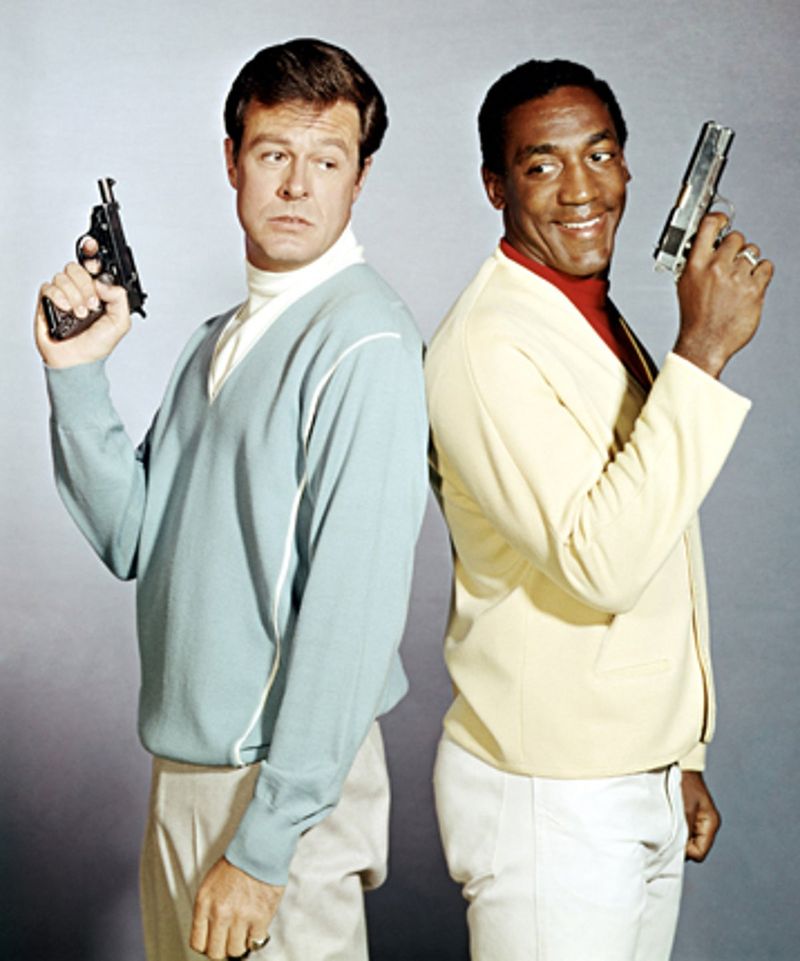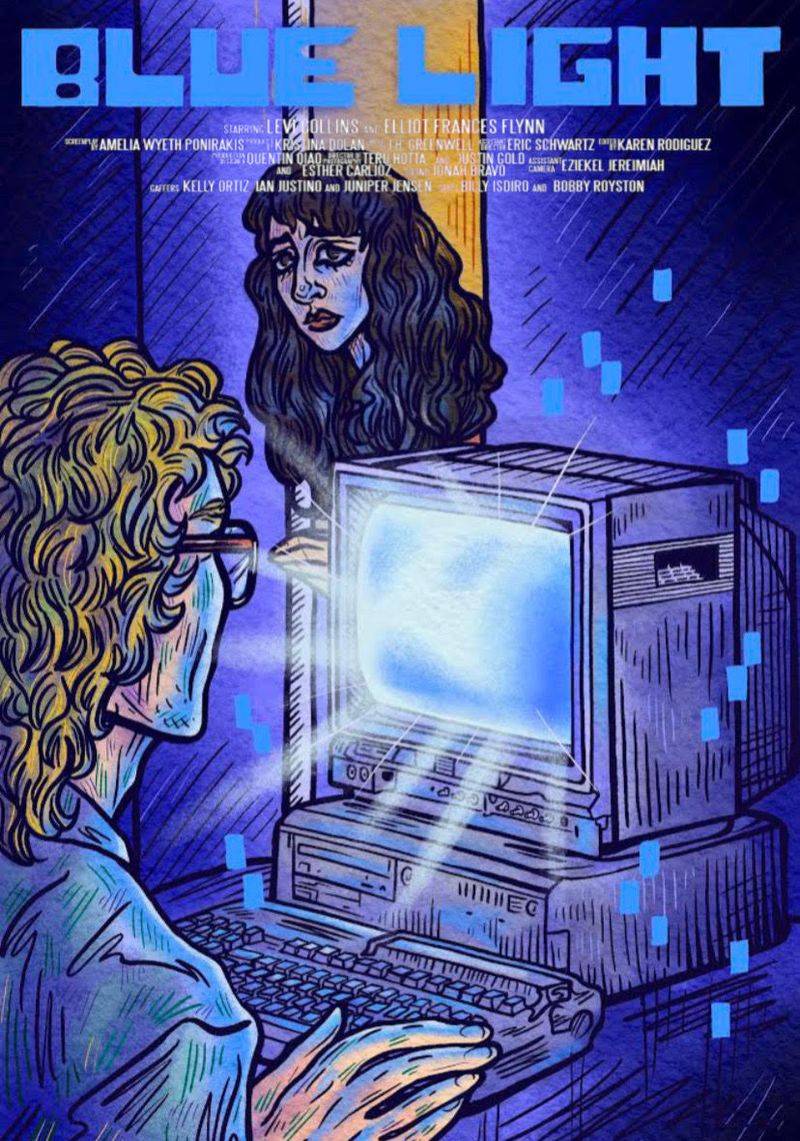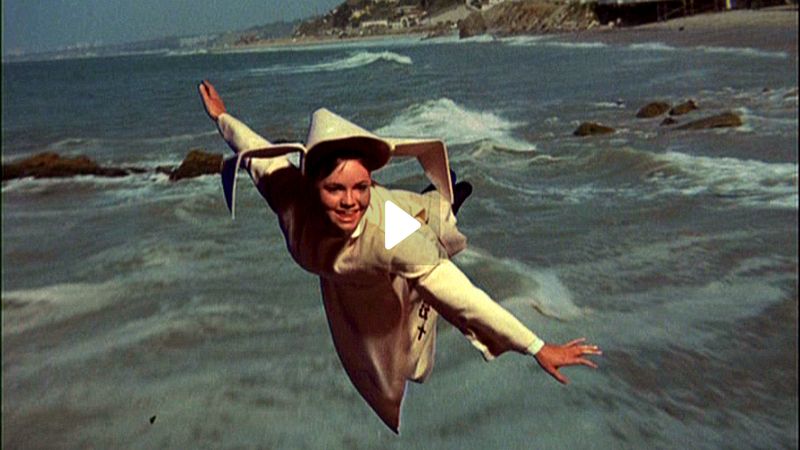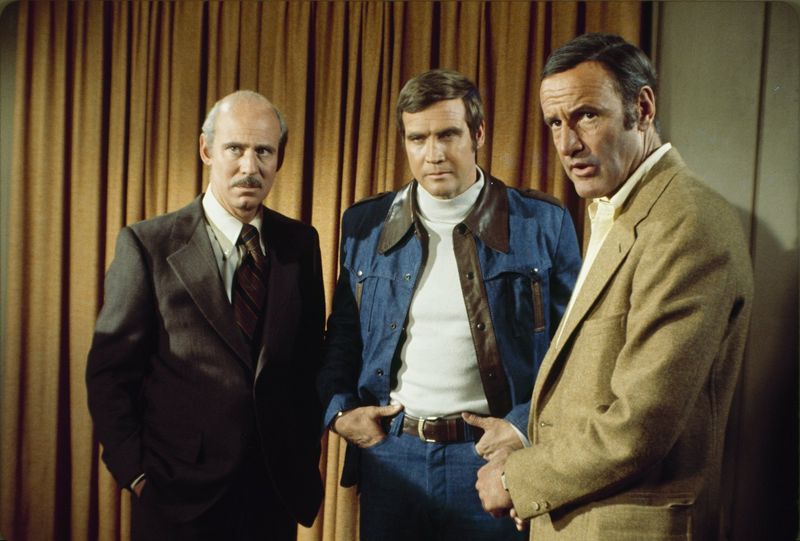The Boomer Generation witnessed a transformative era of television that brought military stories into the living room, blending drama, comedy, and historical narratives. These 30 military TV shows not only entertained but also shaped the cultural and social attitudes of the time. From the heroics of World War II to the complexities of the Vietnam War, these shows offered diverse perspectives on military life, heroism, and the human condition.
1. Victory at Sea (NBC, 1952–53)
Victory at Sea was a landmark Emmy-winning Navy documentary series narrated by Leonard Graves. It brought the sweeping footage of World War II battles into living rooms for the first time. This series fostered respect for “the Greatest Generation” among Boomers’ parents. The detailed depictions of naval warfare left a lasting impression. Its influence on viewers’ attitudes towards military service cannot be understated. The series also became a cultural touchpoint, inspiring future generations. It provided a unique view into the realities of modern naval warfare. Victory at Sea remains a celebrated piece of television history.
2. The Big Picture (ABC, 1951–67)
The Big Picture was produced by the U.S. Army’s Public Information Office. This weekly series combined film clips and official commentary to showcase Army life and historical campaigns. It instilled in young viewers a sense of patriotic duty and an understanding of military life. The series ran for over 15 years, providing a consistent narrative of American military endeavors. It was essential viewing for many Boomers. The blend of real footage and storytelling helped personalize military service. The Big Picture became a significant influence on the perception of the Army.
3. Navy Log (NBC, 1955–63)
Navy Log was a docudrama retelling real Navy missions, from submarine rescues to carrier flight operations. By humanizing everyday sailors and officers, it cemented the Navy’s image as a sophisticated, science-driven service. The stories were captivating, offering a blend of drama and educational content. This show highlighted the bravery and complexity of naval missions. It allowed viewers to connect with the personal stories behind military operations. Navy Log succeeded in creating a deep appreciation for the Navy’s role. The series showcased naval innovation, making it unforgettable.
4. Men of Annapolis (CBS, 1957–58)
Men of Annapolis was a short-lived drama set at the U.S. Naval Academy, following cadets’ trials and triumphs. Although it ran for only one season, it gave Boomers a look at military discipline blended with coming-of-age storytelling. The series offered insights into the rigorous training and personal growth of cadets. It focused on character development and moral lessons. Men of Annapolis provided a unique perspective on military education. Despite its brief run, it left a mark on viewers. This show remains a nostalgic memory for many who watched it.
5. The Phil Silvers Show (CBS, 1955–59)
Affectionately known as Sgt. Bilko, The Phil Silvers Show was a zany Army barracks comedy that skewered military life with Sgt. Ernest Bilko’s get-rich-quick schemes. Its laughter-first approach softened Boomers’ views of authority and hierarchy. The show demonstrated that humor and irreverence could coexist with respect for service. It became a classic, remembered for its clever writing and engaging characters. The show’s success lay in its ability to entertain while subtly critiquing military bureaucracy. The Phil Silvers Show remains a beloved example of classic television comedy.
6. Combat! (ABC, 1962–67)
Combat! was a gritty portrayal of a U.S. infantry squad in World War II’s European theater. Celebrated for its realism and moral complexity, it gave Boomers an unvarnished vision of small-unit combat. The show’s focus on camaraderie under fire and the costs of war resonated deeply. Its realistic depiction of battle brought a new level of intensity to TV drama. Combat! successfully combined storytelling with action, making it a standout series. Its impact on war dramas is still felt today. Combat! remains a powerful representation of wartime struggles.
7. McHale’s Navy (ABC, 1962–66)
McHale’s Navy, set aboard PT-73 in the Pacific, was a whimsical comedy that pitted Lieutenant Commander Quinton McHale’s men against both the enemy and officious brass. The show reinforced a playful “little guy vs. big institution” ethos. It brought humor to military life, offering a lighthearted escape from real-world tensions. The camaraderie among the crew provided heartwarming moments. McHale’s Navy became a beloved part of TV comedy history. The show’s charm lay in its blend of adventure and humor. It remains an iconic representation of military comedy.
8. Gomer Pyle, U.S.M.C. (CBS, 1964–69)
A spin-off of The Andy Griffith Show, Gomer Pyle, U.S.M.C. was a fish-out-of-water comedy that followed naïve Gomer Pyle at Parris Island. Its warmth and optimism offered a comforting counterpoint to real-world tensions of the time. Gomer’s antics and good-hearted nature made for endearing television. The show highlighted the value of kindness and sincerity. It became a beloved classic, resonating with audiences for its gentle humor. Gomer Pyle, U.S.M.C. remains a cherished memory for many Boomers. The series exemplifies the best of 1960s television comedy.
9. Ensign O’Toole (NBC, 1962–63)
Ensign O’Toole was a short-lived sitcom about a likable young officer aboard a destroyer. Though only 32 episodes, its lighthearted tone emphasized the everyday life and occasional absurdity of Navy routine. The humor was gentle, offering an amusing look at military life. The show’s charm lay in its portrayal of camaraderie and friendship. Ensign O’Toole resonated with viewers for its relatable characters. Despite its brief run, it left a lasting impression on those who watched. The series is fondly remembered for its humor and warmth.
10. Don’t Call Me Charlie! (CBS, 1962–63)
Don’t Call Me Charlie! was a mild comedy about an American lieutenant posted to a sleepy European town. Its gentle ribbing of Cold War bureaucracy reflected Boomers’ budding awareness of global politics. The show used humor to address contemporary issues. It provided a light-hearted escape while subtly engaging with political themes. The characters were endearing, making for enjoyable viewing. Don’t Call Me Charlie! was unique in its approach to military comedy. The series offered a refreshing perspective on international relations. It remains a delightful memory for its audience.
11. The Gallant Men (ABC, 1962–63)
More earnest than comedic, The Gallant Men was an ensemble drama charting an infantry company’s experiences in Italy. The series blended action with personal backstories, deepening viewers’ sense of soldiers as individuals. It offered a more serious take on military life, emphasizing character development. The Gallant Men presented war’s human side, resonating with audiences. Its focus on personal stories added depth to the drama. The series, though short-lived, left a significant impact. The Gallant Men remains a poignant reflection on the complexities of war.
12. Twelve O’Clock High (ABC, 1964–67)
Adapted from the 1949 film, Twelve O’Clock High focused on the psychological pressures of bomber command crews in England. By dramatizing leadership under stress, it offered lessons in responsibility and moral courage. The series was celebrated for its depth and intensity. It provided a profound exploration of command dynamics. Twelve O’Clock High became a testament to the challenges faced by military leaders. Its portrayal of war’s psychological toll resonated with viewers. This series remains an important part of television history. It continues to inspire discussions on leadership and duty.
13. The Rat Patrol (ABC, 1966–67)
The Rat Patrol’s action-packed adventures of a mismatched squad raiding Axis convoys in the North African desert thrilled Boomers enamored with high-adrenaline heroics. Though criticized for historical inaccuracies, its daring raids and colorful characters captured imaginations. The series offered excitement and adventure, appealing to a sense of daring. Its emphasis on teamwork and ingenuity was engaging. The Rat Patrol became a beloved part of action TV lore. The show’s legacy continues to entertain new audiences. It remains an iconic representation of military adventure.
14. Hogan’s Heroes (CBS, 1965–71)
Set in a WWII POW camp, Hogan’s Heroes was a satirical sitcom where Colonel Hogan outwitted bumbling Nazis with clever schemes. It transformed the war comedy genre, showing that even grave topics could be lampooned. The show’s humor and clever writing made it a standout. Hogan’s Heroes became an iconic series, remembered for its wit. The characters’ antics and resilience offered a fresh take on POW life. The series remains a classic, sparking discussions on comedy’s role in addressing serious themes. Hogan’s Heroes is a beloved piece of TV history.
15. F Troop (ABC, 1965–67)
F Troop was a post-Civil War send-up of a frontier cavalry outpost, using military life as comedic canvas. The show underscored Boomers’ appetite for zaniness over solemnity. Its humorous portrayal of military misadventures was entertaining. F Troop’s quirky characters and slapstick comedy resonated with viewers. The series offered a lighthearted escape, becoming a favorite among audiences. F Troop’s charm lay in its ability to find humor in historical settings. The show remains a humorous and nostalgic memory for many. It continues to entertain with its unique brand of comedy.
16. The Silent Service (NBC, 1957–60)
The Silent Service was a docudrama series recounting U.S. submarine exploits in WWII. Its tight, suspenseful storytelling nourished an early interest in naval technology and underwater missions. The show was celebrated for its realism and attention to detail. The Silent Service offered viewers an inside look at submarine life. Its focus on stealth operations was engaging and educational. The series remains a respected part of TV history. The Silent Service’s influence on naval storytelling is still apparent. It continues to be appreciated for its suspenseful narratives and historical significance.
17. The West Point Story (CBS, 1956–58)
The West Point Story was an anthology series dramatizing true tales from the U.S. Military Academy. It foreshadowed later military docudramas by celebrating leadership development. The series provided insights into the values and traditions of West Point. It emphasized the importance of discipline and honor. The West Point Story captivated audiences with its authentic portrayals of cadet life. The series remains a valued depiction of military education. It offered engaging stories of personal growth and responsibility. The West Point Story continues to inspire viewers with its lessons on leadership.
18. MAS*H (CBS, 1972–83)
MAS*H was the defining anti-war dramedy, set in a Korean War field hospital. Its razor-sharp satire of military bureaucracy and heartfelt tribute to medics impacted Boomers’ post-Vietnam skepticism. The show’s blend of comedy and drama was revolutionary. MAS*H offered poignant reflections on war’s absurdity and humanity. It became a cultural phenomenon, influencing generations. The series is celebrated for its intelligent writing and memorable characters. MAS*H remains a benchmark for socially conscious comedy. Its legacy continues to resonate with audiences worldwide. The series is a timeless testament to the power of storytelling.
19. Baa Baa Black Sheep (NBC, 1976–78)
Also known as Black Sheep Squadron, Baa Baa Black Sheep followed Major Pappy Boyington’s famed WWII fighter pilots. Its blend of swashbuckling dogfights and “rag-tag underdogs” narrative cemented the mythos of maverick heroes. The show offered thrilling aerial action and engaging stories. Baa Baa Black Sheep captivated viewers with its adventurous spirit. It celebrated the camaraderie and courage of its characters. The series remains a popular representation of wartime heroics. Baa Baa Black Sheep’s influence on aviation storytelling endures. It continues to be a favorite among fans of military drama.
20. Operation Petticoat (ABC, 1977–78)
Based on the 1959 film, Operation Petticoat was a sitcom about a pink-hued sub mixing slapstick and screwball romance. The show underscored Boomers’ fondness for lighthearted military escapades. Its comedic take on naval life was refreshing. Operation Petticoat offered fun and laughter with its quirky scenarios. The series became a delightful addition to military comedy genres. It charmed viewers with its unique premise and engaging characters. Operation Petticoat’s humor remains enjoyable for audiences. The show continues to entertain with its whimsical approach to military adventures.
21. Tour of Duty (CBS, 1987–90)
Tour of Duty was one of the first primetime dramas to tackle Vietnam War realities head-on. It examined combat PTSD, moral ambiguity, and the soldier’s return home. The series offered an unflinching look at the Vietnam War’s complexities. Tour of Duty engaged viewers with its gritty realism and storytelling. The show’s focus on the human experience of war resonated deeply. It became a vital part of TV history, influencing later portrayals of Vietnam. Tour of Duty remains a powerful exploration of war’s impact. Its legacy continues to inform discussions on war and its aftermath.
22. China Beach (ABC, 1988–91)
China Beach, from a nurse’s perspective at an evacuation hospital near Da Nang, spotlighted women’s roles and the war’s human toll. It reshaped Boomers’ understanding of Vietnam-era medicine. The series offered a unique view of the war’s civilian-military interactions. China Beach captivated audiences with its emotional depth and character-driven stories. The show’s focus on the personal experiences of its characters was groundbreaking. It remains a significant contribution to war storytelling. China Beach continues to be praised for its empathetic portrayal of wartime experiences. The series is a memorable exploration of Vietnam’s complexity.
23. The A-Team (NBC, 1983–87)
Though post-Vietnam mercenaries rather than active soldiers, The A-Team’s quartet of “wronged” Army vets became folk-hero icons. The show romanticized resourcefulness, loyalty, and the rebellious spirit. Its blend of action and humor captured the imagination of audiences. The A-Team’s memorable catchphrases and dynamic characters became cultural staples. The series offered thrilling escapades with a comedic twist. It remains a beloved part of 1980s television. The A-Team’s influence on action-adventure genres is still felt today. The show continues to entertain with its iconic mix of wit and adventure.
24. Mission: Impossible (CBS, 1966–73)
Mission: Impossible taught Boomers the allure of high-tech espionage with its IMF’s covert “impossible” missions. The iconic theme and clever plots made it a standout series. The show emphasized brains over brawn, capturing viewers’ imaginations. Mission: Impossible became synonymous with suspense and ingenuity. It remains a cultural touchstone, known for its thrilling narratives. The series’ influence on spy genres is undeniable. Mission: Impossible continues to inspire with its timeless appeal. The show remains a favorite among fans of espionage thrillers.
25. The Man from U.N.C.L.E. (NBC, 1964–68)
The Man from U.N.C.L.E. featured hip, globe-trotting operatives combating international crime syndicates. The show conveyed a sense of Cold War intrigue wrapped in pop-culture swagger. Its stylish approach to espionage captivated viewers. The Man from U.N.C.L.E. offered exciting missions and charismatic characters. It became a beloved part of 1960s TV history. The series’ influence on pop culture and spy narratives endures. The Man from U.N.C.L.E. continues to be celebrated for its innovative storytelling. The show remains a classic example of espionage adventure.
26. I Spy (NBC, 1965–68)
Starring Bill Cosby and Robert Culp as deep-cover agents, I Spy broke ground as the first American TV drama with an African-American in a lead action role. The show broadened Boomers’ views on race and representation. I Spy offered thrilling espionage adventures with a diverse team. Its blend of action and character-driven stories captivated audiences. The series remains a significant contribution to TV history. I Spy continues to be praised for its pioneering portrayal of diversity. The show’s legacy in representation and storytelling endures.
27. Blue Light (ABC, 1966)
Blue Light was a daring Nazi infiltration thriller that underscored the moral complexities of espionage and sacrifices behind the scenes. The series offered intense and suspenseful narratives. Blue Light’s focus on the ethical dilemmas faced by spies was engaging. It became a thought-provoking part of TV history. The show’s exploration of espionage’s darker side resonated with viewers. Blue Light remains a memorable addition to the spy genre. Its impact on storytelling and moral exploration continues to be appreciated. The series is a compelling look at the challenges of covert operations.
28. The Flying Nun (ABC, 1967–70)
A cheeky outlier, The Flying Nun’s lead character’s backstory as a former missionary in a conflict zone subtly evoked military humanitarian service. Though not strictly war-themed, the series offered lighthearted escapades and charming stories. The Flying Nun captivated audiences with its quirky premise and engaging characters. The show became a unique part of 1960s television. Its blend of whimsy and humor remains enjoyable. The Flying Nun continues to entertain with its delightful adventures. The series is remembered for its charming approach to storytelling.
29. The Six Million Dollar Man (ABC, 1974–78)
The Six Million Dollar Man featured an astronaut-turned-bionic secret agent whose government missions blended military tech fantasy with Cold War anxieties. The show fed Boomers’ appetite for suped-up super-soldiers. The Six Million Dollar Man offered thrilling adventures and innovative storytelling. Its focus on technology and heroism captivated audiences. The series became a cultural phenomenon, influencing future sci-fi and action genres. The Six Million Dollar Man remains a beloved part of TV history. The show’s impact on tech-driven narratives is still evident. It continues to inspire with its imaginative tales.
